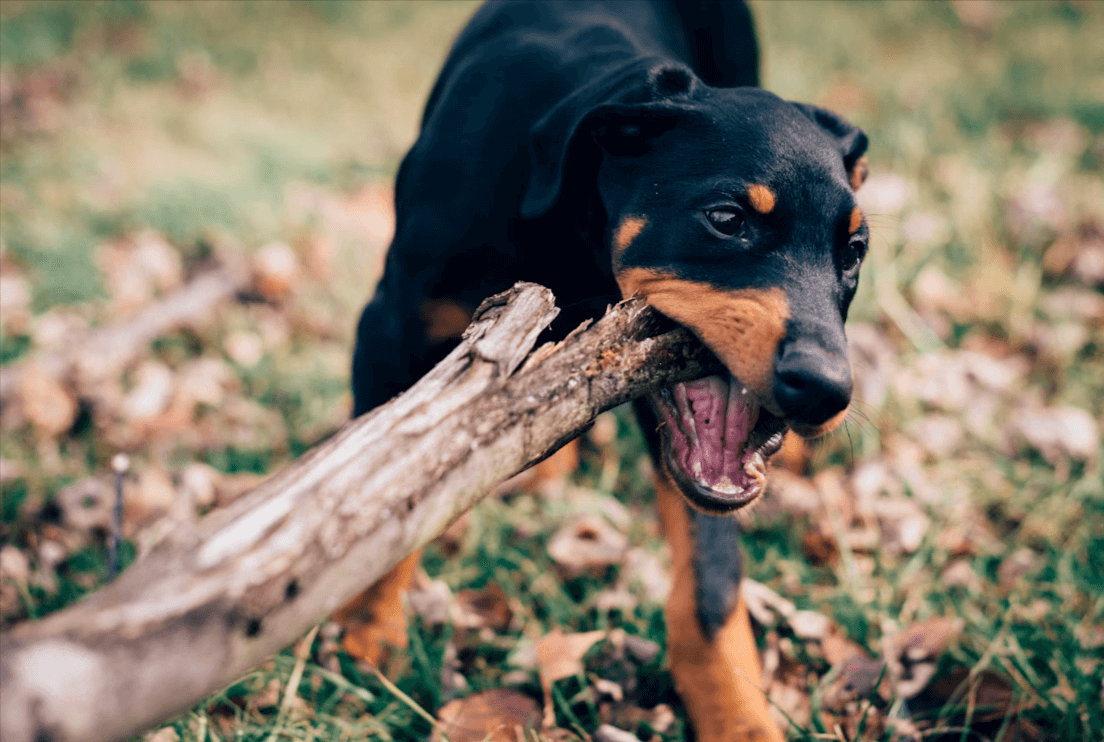Being bitten by a dog is a painful experience, to say the least. As per the American Veterinary Medical Association, there are over 83 million dogs in the United States alone. In fact, 65.1 million households own at least one dog.
There are thousands with two or more of these pets. Dogs are among the most widely owned pets across the US. Sadly, not every dog is nice and friendly, at least not all the time. This is why 800,000+ Americans require medical attention for dog bites every year.
Children are the most vulnerable to dog attacks and may suffer from severe injuries as a result. What’s even scarier is the fact that most dog bites occur during daily activities or while interacting with familiar dogs.
A pooch may bite for several reasons, including as an act of defence or due to stress. Depending on the situation, victims of dog bites can sue the canine’s owner. Even so, how are these claims compensation valued? In this article, we will discuss how the court puts a fair dollar amount on the suffering of a dog-bite victim.
Factors Determining Dog Bite Claims Compensation
Now, let’s look at the main factors the court will take into consideration before the claims compensation amount is decided.
Permanent Disfigurement or Disability
In some cases, the victim may have to suffer debilitating injuries. This is especially true in the case of children. The court will factor in any permanent disfigurement or disability sustained due to a dog attack, including facial deformity or scarring.
Disfigurement also brings with it certain psychological effects like loss of self-esteem, depression, and wanting to avoid social interactions. Even the future pain and suffering involved in the immediate aftermath will be considered.
Let’s take an example – If a mauling pitbull leaves the victim with permanent nerve damage, a specific amount for immediate physical damages will be given. Also, separate compensation will be made for future pain and suffering.
Age of the Victim
As mentioned previously, children are a lot more vulnerable to developing severe injuries from a dog bite or attack. They may also experience a higher degree of trauma and fear following the incident. Court judges tend to be more sympathetic towards young victims.
They will offer greater payouts to children for immediate damages and future pain. However, the parents of the victim are not entitled to receive any compensation for their emotional trauma or suffering.
Future Medical Treatment
According to TorHoerman Law, many victims require ongoing medical treatment for their dog attack injuries. In such cases, the court will account for anticipated future medical costs.
However, it’s worth mentioning here that there are no strict rules in this regard even if there are no anticipated future costs. Certain states may have some limits on non-economic damages. The court will work its way around these limits to offer the victim a fair payout.
Lost Income
In several adult dog bite cases, the victim may be unable to resume work. They would require time off for medical diagnosis, treatments, and recuperation. This makes them eligible for reimbursement for any lost wages or income.
If the injuries could impair the victim’s future ability to work, that will also be compensated for. It will be done under ‘the loss in earning capacity.’
Multiple Damages
If the dog has a reputation for being vicious or dangerous, their owner may have to shell out double or triple the standard amount. It all depends on how strict a particular state’s law is. For instance – Missouri’s law makes the owner liable when their ‘unprovoked’ dog bites someone in public or private property.
So, if a person is bitten in, say, St. Louis, they can hire a St. Louis personal injury attorney for different kinds of compensation, including medical expenses and loss of income. If the court discovers that the dog has bitten others before, the owner would have to pay twice or thrice the regular compensation amount.
Loss of Services or Consortium
Severe dog-bite injuries can leave the victim’s relationship with their spouse permanently shattered. It could include loss of intimacy or companionship. The court will factor in these damages in the form of loss of consortium or services. In some states, this loss is considered even when a parent’s relationship with their child is impacted.
Possibility of Punitive Damages
Besides the factors mentioned above, a reckless owner’s personal actions will also be taken into account. For instance – Some owners allow their dogs to go loose despite knowing that they may harm someone.
In such a case, the court will attempt to punish the owner by demanding that they pay over and above the amount needed for compensation. This will be provided under exemplary or punitive damages. The aim is to cause financial strain, which may deter the owner from similar behaviour in the future.
The final compensation amount in case of dog bites or attacks rests on the unique aspects of each case. In most out-of-court settlements, confidentiality clauses keep the terms hidden. This is why data is usually unavailable for the settlement amounts.
Notwithstanding the factors mentioned above, a higher amount may be compensated when the victim’s injuries are clear or they are completely innocent. The same would differ in case the victim shares partial responsibility by provoking the dog in some way. Only a reliable attorney can provide an estimated settlement amount after a case assessment.
